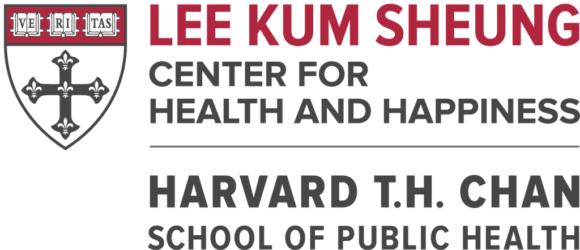“The pandemic has led to a dramatic change in behavior – self-imposed or otherwise.” Our newest Center Affiliate and former Visiting Scientist Dr. Georgios (George) Kavetsos discusses the impact of COVID-19 through the lens of behavioral economics.
A behavioral scientist at Queen Mary University of London and an Associate at the London School of Economics, Dr. Georgios (George) Kavetsos studies the cost-benefit analysis at the heart of everyday decisions. “Depending on the decision in question, benefits and/or costs are not always fully captured in monetary terms,” Dr. Kavetsos explained. “A significant part of my research has focused on the degree to which subjective well-being data – data about how people think and feel about their lives – can be used to value such intangibles which are of interest when it comes to both the valuation of individuals’ behaviors and to that of policy interventions.”
The COVID-19 pandemic presents an unprecedented challenge, disrupting everyday life in ways that have profound implications for behaviors tied to subjective well-being. “Considering such big changes in lifestyles and behaviors, and especially within such a small timeframe, would had been inconceivable up to a few months ago,” Dr. Kavetsos said. “It is hard to imagine some outcome not having been affected by COVID-19.”
To make sense of the wide-reaching impact of the pandemic, Dr. Kavetsos proposes a list of first-order and second-order research questions. First-order questions involve the general impact of physical distancing measures on subjective well-being and mental health, accounting for factors like age, access to smartphone and internet, and the size of one’s online network. For example, Dr. Kavetsos points to the increase in physical activity during lockdown. “The degree to which this behavior stands the test of time is an empirical question worth examining,” he said. Indirect, second-order, questions could then provide further insight into lifestyle changes: “Is some form of telecommuting here to stay and, if so, what will the effects of wider implementation of it be on productivity as well as on long-term employee happiness? Related, will telecommuting result in decreased demand for office space and increased demand for green public spaces which is, again, directly linked to well-being?”
Within this framework, Dr. Kavetsos stresses the importance of understanding inequities that may exist within a given population. Studies of national income and subjective well-being suggest that decreases in income affect people disproportionally, as compared to equivalent increases. According to Dr. Kavetsos, job loss has one of the largest adverse effects on happiness, with limited adaptation even if one gets a job in the future. He describes the effects of unemployment as “scarring,” adding that there is “little adaptation to poverty,” and evidence that the very presence of inequality has adverse effects on happiness.
Even if scientists were to eradicate the virus today, Dr. Kavetsos argues that its long-term effects on behavior – and on life generally – remain difficult to ascertain. “We have an innate ability to adapt to many life events,” he said. “One could thus argue that life will go back to normal within reasonable time, just as it did after other major events.” Yet he stresses that the current situation is dominated by uncertainty. “The evidence we have from the literature on this is clear… we do not like uncertainty!” Although he believes medical advances and individuals’ compliance with recommended behaviors (e.g., behavior related to hand hygiene) will soon reduce the effects of COVID-19 on our health, Dr. Kavetsos remains skeptical on the pace of recovery of other socio-economic and psychological domains of life.
